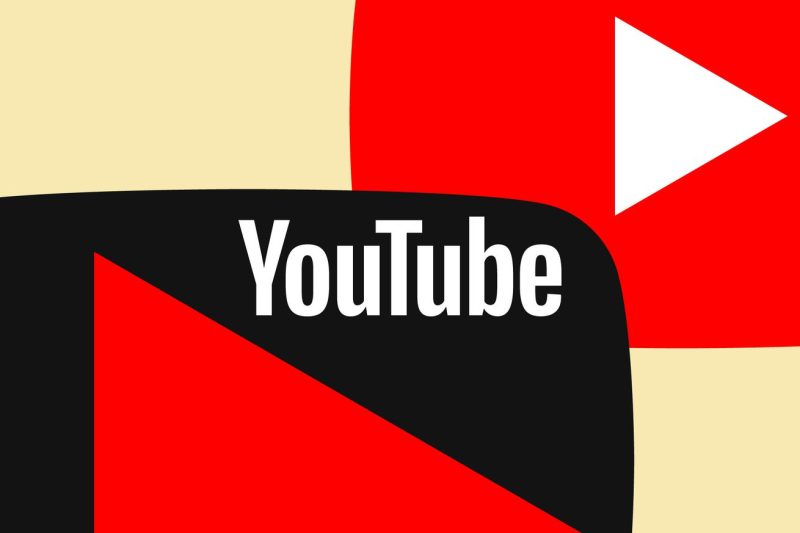
Battle of the Tunes: Adele, Nirvana, and More Songs Removed from YouTube in SESAC Showdown
In a recent turn of events, YouTube has found itself entangled in a dispute with SESAC, a music licensing organization, leading to the removal of numerous popular songs from the platform. This move has left many users puzzled and disappointed as they can no longer enjoy tracks from acclaimed artists like Adele, Nirvana, and others on the video-sharing site.
SESAC, one of the leading performing rights organizations based in the United States, represents a diverse range of songwriters, composers, and music publishers. The organization plays a crucial role in ensuring that its members are fairly compensated for the use of their music across different platforms and mediums.
The dispute between YouTube and SESAC highlights the complexities and challenges involved in music licensing agreements in the digital age. As streaming services and online platforms continue to rise in popularity, the issue of music licensing and copyright protection has become increasingly contentious.
YouTube’s decision to pull songs from Adele, Nirvana, and other artists comes as a significant blow to music enthusiasts who rely on the platform to discover and enjoy their favorite tracks. The absence of these popular songs not only limits the listening options for users but also impacts the revenue streams of artists and songwriters whose work is being affected by the dispute.
While YouTube has faced backlash for its actions, it is important to recognize the need for platforms to adhere to licensing agreements and copyright laws to uphold the rights of creators and ensure fair compensation for their work. The intricacies of music licensing can often lead to disagreements and disputes between parties, highlighting the importance of transparency and communication in navigating such challenges.
As the music industry continues to evolve in the digital landscape, it is essential for all stakeholders, including streaming platforms, music licensing organizations, and artists, to work together to find common ground and ensure that the rights of creators are respected and protected. Only through collaboration and understanding can the industry move forward and create a sustainable environment for music creation and consumption.
